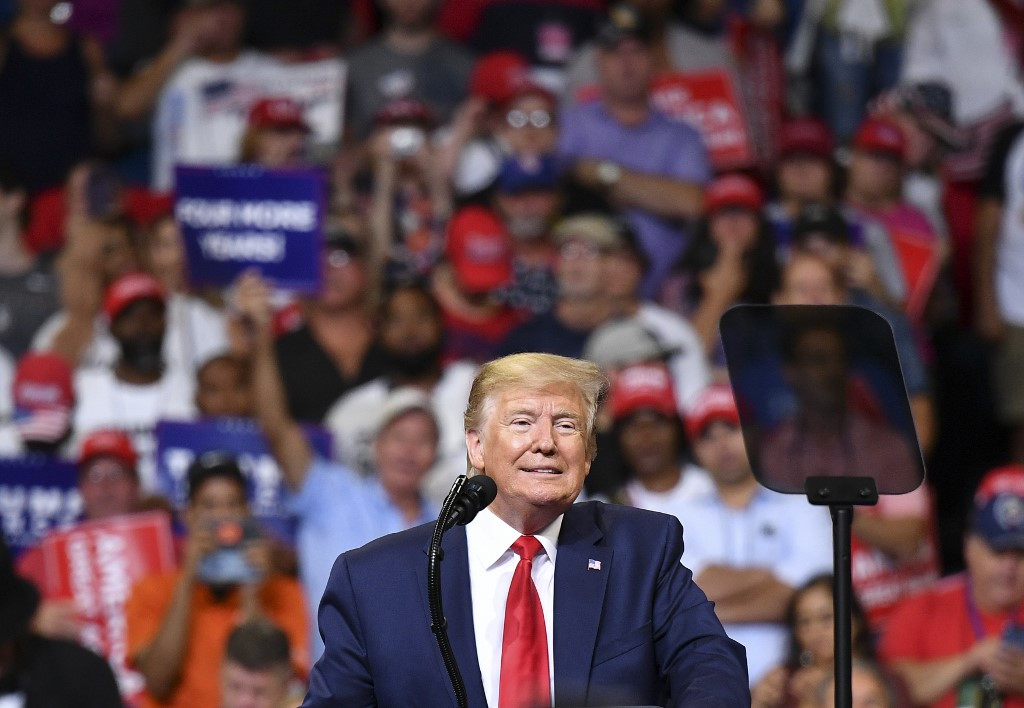Popular Reads
Top Results
Can't find what you're looking for?
View all search resultsPopular Reads
Top Results
Can't find what you're looking for?
View all search resultsWither US strategic ambiguity
Change text size
Gift Premium Articles
to Anyone
A
s the United States’ Indo-Pacific strategy evolves, the notion of strategic ambiguity, which has guided the US-Taiwan relationship since mid-1950s, is withering.
After the Taiwan Strait crisis of 1954-1955, the US brought into force the Mutual Defense Treaty (MDT) with Taiwan. The treaty was never intended to be a war-fighting pact. It was designed to boost Taiwan’s morale and to tie the hands of its leader Chiang Kai-shek, who was always scheming to involve the US in his attempts to return to China.
Both president Dwight Eisenhower and secretary of state John Foster Dulles did not trust Chiang or Beijing. Thus they built strategic ambiguity into the treaty to keep Taipei and Beijing both guessing about the circumstances under which the US might intercede in a military conflict in the strait. Since the 1950s, each successive US administration adopted a version of strategic ambiguity.
Although the MDT was abrogated in 1980, the Taiwan Relations Act (TRA) carries much of the same language of the MDT. In Section 3a, the TRA committed the US to selling defensive weapons to Taiwan. Section 3c further stipulates that “the President and Congress shall determine in accordance with the constitutional processes appropriate action by the US in response to any threat to the security or the social or economic system of Taiwan and danger to the interests of the US.”
Just as the US understood that Chiang wanted US support to return to China, another aspect emerged when the US was concerned that then Taiwan president Chen Shui-bian sought to involve the US military to gain Taiwan independence. Never being sure of the US response, strategic ambiguity helped prevent Chiang and Chen adventurism. It also signaled to Beijing that the US would not support either pursuit while at the same time keeping Beijing guessing just what assistance the US might render Taiwan in a Chinese attempt to take the island.
The positive effects of strategic ambiguity aside, it also hatched Taiwan distrust about the degree the US would stand by its MDT and TRA commitments. Certain language found in key documents influencing the US-Taiwan diplomatic and defense relationship have created Taiwan uncertainty about the US commitment. Most of that uncertainty deals with arms sales.
Specifically, the duration of US arms sales to Taiwan, differing perceptions over what is a defensive vs. offensive weapon, the frequency of arms sales, and the one-sided US role in determining which weapons it will sell to Taiwan.


















